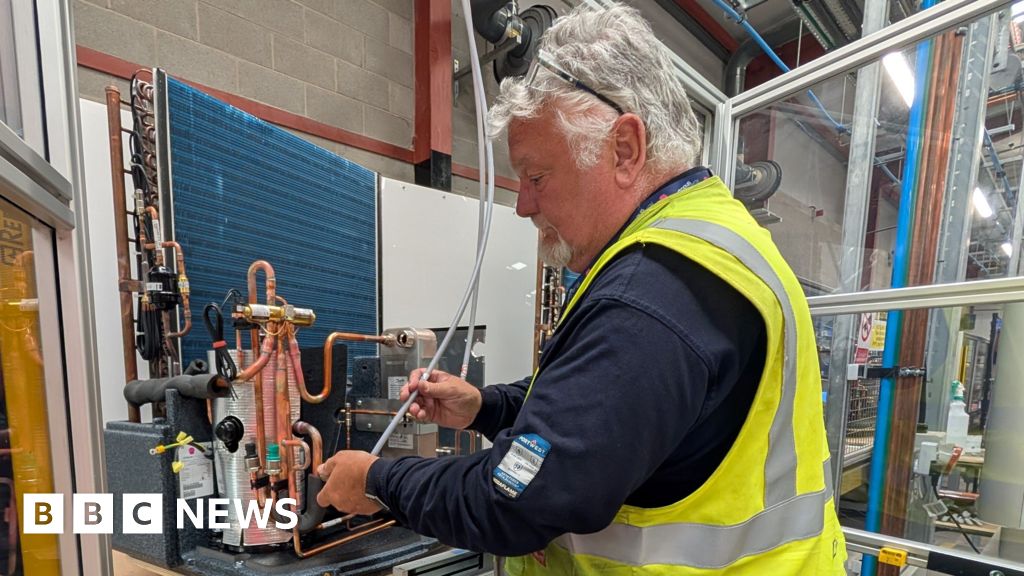Getty
getty
This is a pivotal time in the freelance revolution. Change is accelerating. Tech advances like ChatGPT in AI are transforming how talent is curated and, more importantly, how fast it can be done at a high level of accuracy and self-service. Tectonic shifts are afoot, reshaping professions like writing, analytics, and data science. And platforms are innovating. NerdApp, for example, shows how smart platforms are finding attractive new markets like remote Enterprise.
NerdApp was set up in 2019 to connect SMB (small and medium-sized) companies with “on demand” IT professionals. An early sponsor, Visa UK, described the platform and its relationship with NerdApp this way:
“In an increasingly digital world, small business owners depend on access to technical skills and resources to help run their business. As part of our commitment to continue to champion and support small businesses, we’re proud to work with NerdApp to enable small businesses to connect to IT and technical experts in a simple and convenient manner.”
The company learned how to deliver at scale, building a platform of over 4000 on-site and remote “Nerds” who have the required experience and certifications to solve typical problems. Trustpilot and other review houses give NerdApp top ratings along with comments like “Easy booking and great tech experience” or “They did what laptop manufacturers claim couldn’t be done.”
The growth they’ve experienced gives CEO and founder Kelvin Wetherill confidence that NerdApp can be a leader in the US SMB technical service market. And, in a helpful turn of events, NerdApp is also well positioned as a freelance work and service leader for the remote Enterprise market in the US, a large and growing market in its own right.
According to McKinsey, remote Enterprise is an important and relatively unexplored market. There’s an untested but generally believed tenet of freelance work that SMB and Enterprise are different markets requiring different skillsets and platform composition. Plenty of freelance platforms serve the needs of small and medium-sized businesses. But, far fewer marketplaces, especially smaller or newer marketplaces, have been able to “move up” to the Enterprise.
And, without doubt, large, global, corporates have traditionally looked very different than the “Mom and Pop” shops.
But Covid 19 changed that, driving remote work on a mass scale. It’s created an opportunity that thought-leaders like Stanford’s Nick Bloom describe as large and unprecedented. Serving the technical needs of Enterprise remote workers is a huge and relatively unaddressed market for providers – like NerdApp – with the right skills, reach, and systems.
Remote is about “mass local” and local is what NerdApp does best. More US employees than ever are WFH with 26% of Americans now working remotely and 36.2 million US employees forecast to do so by 2025 16% of U.S. companies are now fully remote, and new remote jobs represent 15% of work opportunities in the US.
Zippia.com
Zippia.com
- All these remote Enterprise employees need access to virtual and on-site technical support. A recent survey found that the average remote employee contacts a support center 10 or more times per year, and each contact averages 23 minutes. Do the math: 360 million opportunities to provide technical service to remote workers in the US now.
- The market is growing. According to a report by IBISWorld, the computer repair and maintenance services industry, the US market, which includes technical services to individuals and small businesses, was $21.2 billion in 2021 and growing by over 8% annually.
- Despite a few significant competitors like the Geek Squad and Dell Services, the industry is fragmented, creating opportunity for well-prepared new entrants. Statista, reports 77,784 computer repair and maintenance businesses in the US.
- NerdApp’s ability to attract well-qualified technical staff at scale is also a positive. Thumbtack, reports that the average US rate for computer repair and technical services is $50 to $150 per hour. As a result of recent layoffs, there are more tech professionals available and interested in flexible part- or fulltime work for those rates.
So, NerdApp enters a market that’s large, growing, relatively un-concentrated, and is attractive to tech freelancers for which there is an attractive labor pool. Whether its independent real estate agents working for Zillow, insurance agents for State Farm, distributed customer care center representatives for AMEX, or IT professionals working from home for VISA, serving the needs of Enterprise remotes is a growth market.
NerdApp is not the first company to convert small customers and transactions into a powerhouse, but it is confident in its ability to scale and offer unique quality, speed, and cost compared to other companies in the market. Wetherill points out, “We know how to do this. We’ve been able to attract strong talent all our markets, have a great package to attract outstanding Nerds, and we’re offering clients – both SMB and Enterprise clients – a level of quality, speed, cost, and convenience that’s unique.”
Nor is it alone in creatively finding opportunities for significant growth. Just as Uber successfully repositioned itself in multiple segments that built on its logistics savvy, NerdApp is taking advantage of the capabilities it has developed: “What new markets are growing, attractive, where we can add value, and where the requirements for success uniquely fit what we do best?” These are times when the dislocations of the past three years are opening rich veins of opportunity. The future of work is certainly one, and NerdApp seems poised to be one of the leaders of the next generation.
Viva la Revolution!
Credit: Source link











